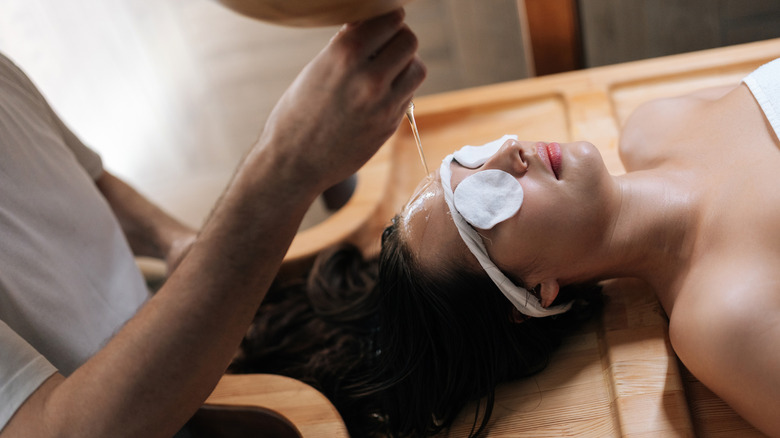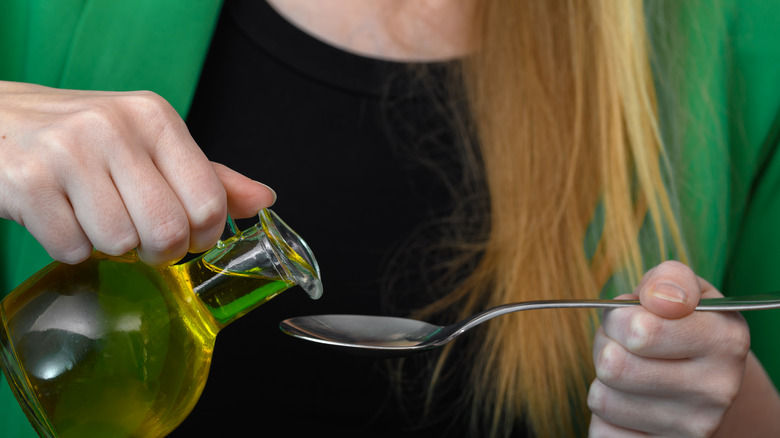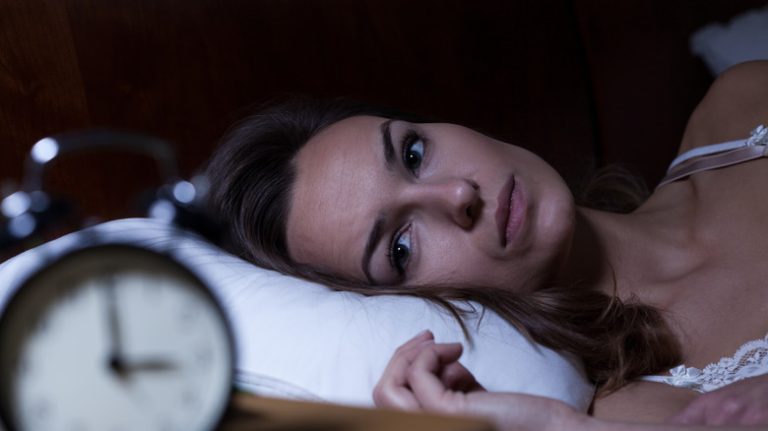
A bad night’s sleep can leave you feeling terrible all day. But what happens when you can’t get any refreshing rest for weeks or even months? In that case, you’re at risk for all the side effects of sleep deficiency, including serious symptoms such as an increased risk of heart disease, type 2 diabetes, or memory problems due to lack of sleep.
If you frequently experience sleep deprivation, you’re not alone. According to statistics from the National Heart, Lung, and Blood Institute, up to 70 million people in the United States suffer from sleep deprivation due to chronic sleep disorders. You might even have a sleep disorder right now without realizing it. While medications are available to help improve sleep, if you prefer natural remedies, you may have heard of sesame oil as an option.
But can sesame oil actually help you fall asleep or stay asleep long enough to feel refreshed? The research on sesame oil’s potential is modest but intriguing.
Can dripping sesame oil on your head improve your sleep?

The first method to use sesame oil for sleep improvement doesn’t involve consuming it, but having a trained professional drip warmed sesame oil on your forehead. This technique is known as shirodhara; a shirodhara practitioner carefully drips sesame oil onto the skin between your hairline and eyebrows. (Sometimes, the sesame oil is combined with an aromatic essential oil.) Afterward, they may massage your scalp to promote further body relaxation.
Shirodhara can be performed with any liquid. However, a 2016 study in the Journal of Alternative and Complementary Medicine found evidence that not all liquids resulted in the same participant outcomes. During the study, participants underwent seven shirodhara sessions with warm water or warm sesame oil over a two-week period. Those who received the sesame oil shirodhara treatment reported a higher sleep quality afterward than those who were treated with water.
This led researchers to conclude that sesame oil might be an appropriate choice for those with sleep issues who want to try shirodhara. Since shirodhara is generally safe when performed by an expert, it may be worth trying if you’re looking for an alternative to taking a sleep-enhancing drug or supplement.
Potentially better sleep through sesame oil consumption

Another way to use sesame oil for improved sleep is to incorporate it into your food preparation and cooking due to its nutritional profile. (You may end up with a healthier cardiovascular system, as it’s a little-known fat that can help lower high blood pressure.) Specifically, sesame oil contains the nutrient tyrosine, which may indirectly be helpful for sleep.
Tyrosine may alleviate depression, and because depression can lead to disordered sleep (and vice versa), an improvement in mood may translate to better sleep. A 2016 study in the Annals of Neurosciences explored the stress-reducing effects of tyrosine on rats. The subjects appeared to show lowered stress responses after being given tyrosine. Consequently, the same response might be replicated in humans.
That said, some experts, like registered dietitian Courtney Barth, aren’t completely convinced. As Barth explained (via Cleveland Clinic), “Until there is more conclusive research, using an L-tyrosine supplement to treat depression isn’t recommended.” With that in mind, you may want to consult a medical professional before using sesame oil if you suffer from depression or sleep deprivation.
If you or someone you know needs help with mental health, please contact the Crisis Text Line by texting HOME to 741741, call the National Alliance on Mental Illness helpline at 1-800-950-NAMI (6264), or visit the National Institute of Mental Health website.




